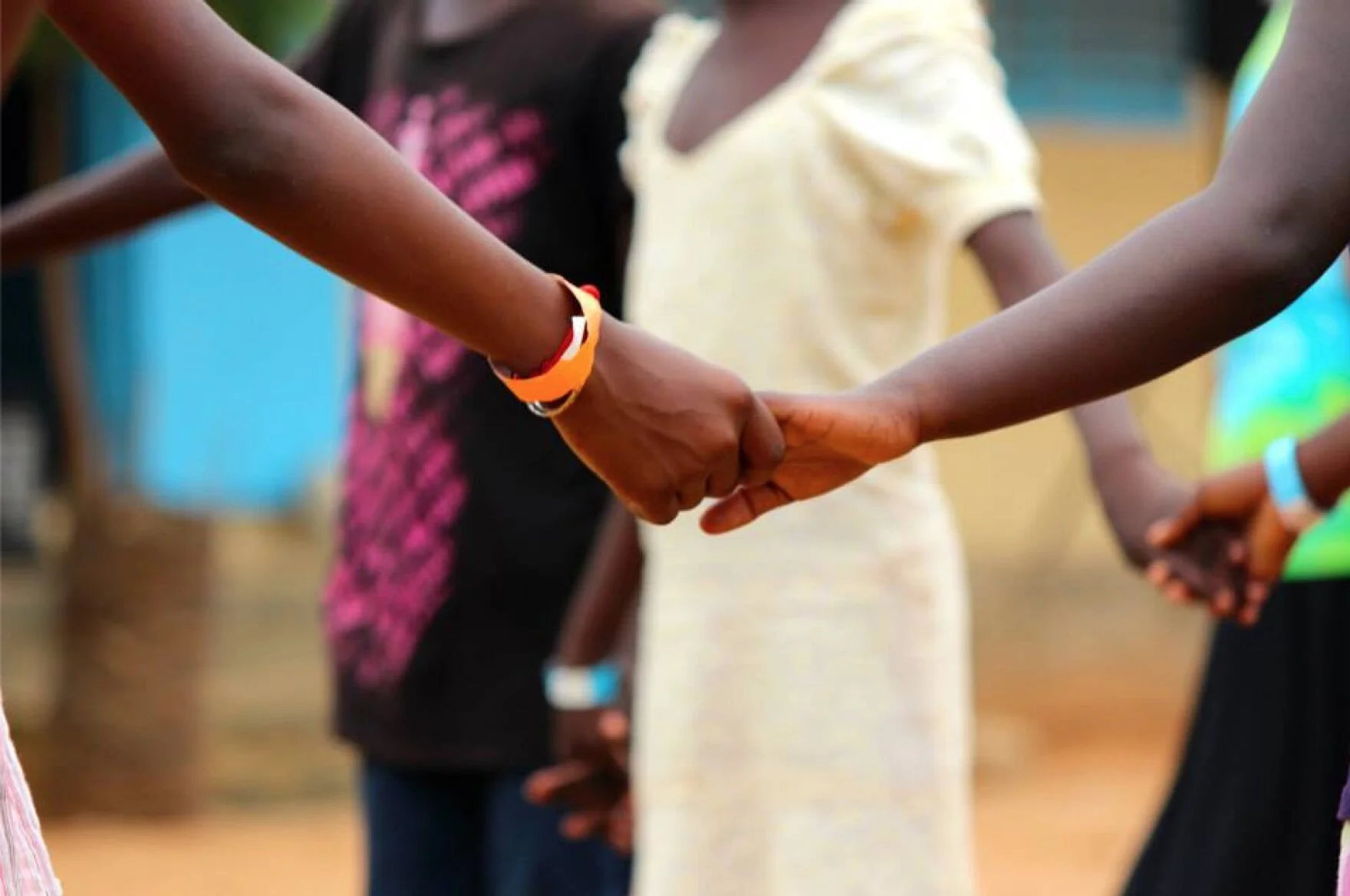I’m not sure I can even begin to express how happy Elise, the kids and I are to be home. We’d barely been home an hour when the neighborhood kids came knocking at the door inviting our kids to play. It was like no time had passed at all. The only visual change was that they’re all now wearing face masks.
Being away from home during the harmattan season (when the desert sands are lifted out of the Sahara and send rain down across the rest of Africa) our days have been marked by three things: dusting, sweeping, and rearranging. Each room, from floor to ceiling. Each shelf, from right to left. In the renewing process, we also had a few new things like an Instant Pot for the kitchen, a new painting for the office, and maybe a few dozen books to be sprinkled throughout the house.
Each completed room left us with a sense of accomplishment; every space, freshly cleaned and arranged and ready, a physical reminder of purpose and potential.
Right now, I feel like I’m engaged in a similar grand-scale deep clean in my brain. What does church planting look like in the current global realities that make it difficult for the existing Church to gather let alone engage new works among unreached peoples in churchless neighborhoods? What dust has settled on our concepts of establishing new communities? Where has the sand of time piled up, obscuring our view of God’s Kingdom? How can we rearrange our practices and mindsets to grasp the movement of the Holy Spirit?
Remembering Faith, Love and Hope
The other day our family gathered with fellow workers and together we remembered a church planted under less than ideal circumstances. After less than a month the planting team was forced to abandon their new work due to persecution, and were unable to return. Eventually one of them was able to travel back to the city and meet with the new believers. The team was thrilled when he returned sharing with them of a vibrant, maturing and growing fellowship of believers!
The missionary team, Paul, Silas and Timothy sat down and penned a letter of rejoicing that has been passed down through time to us as 1 Thessalonians. For these church planters, the markers of health were the Thessalonians’ “work of faith, labor of love, and steadfastness of hope” (1 Thessalonians 1:3).
As we restart our church planting adventure here, connecting with our national church leadership, gathering with Bible school students and seeking to navigate our way into unreached neighborhoods, we dream of a day when, like Paul, we celebrate the faith, love and hope of Senegalese Christians. We wait expectantly for these new communities of men, women and children as we work to create space for them (Psalm 148.11‐14).
A Practical Theology of Watermelons
Early this year I was challenged afresh by an illustration from John Lo. He writes, “The interesting thing about seedless watermelons is that while they’re great for consumers, they’re terrible for farmers. The lack of seeds makes for great eating, but this requires farmers to buy fresh seed each time they’re planted. They’re bred for consumption but not for reproduction. Is the twenty-first-century church a seedless watermelon?”
How often in our streamlining processes—whether in life, business or ministry—do we end up excising the very thing we will need for the future. We celebrate what God is doing in the Church but we fail to carry those blessings out into the nations. We breed a Christ-lite culture that is easily digested but yields a blunted future that lacks transformation.
Home again, we are resetting our sights on planting three churches simultaneously. I am deeply aware that this is only possible as the Lord draws together millions of details. To watch people talking on social media, 2020 will be a year remembered in infamy for the myriad calamities discovered each month. But, could it not also be the year the soil of our lives was turned, the fields of our lives rearranged, and the seeds of revival planted?
Life Together
Dreaming outrageous dreams beyond my wildest imagination, I am always humbly driven back to what they mean for life together. This walk with Christ is not a solitary journey, but a true pilgrimage along the same road with others made in His image. Dietrich Bonhoeffer wrote, “The person who loves their dream of community will destroy community, but the person who loves those around them will create community.”
Before we go too far, strike the rock and become frustrated that we are unable to force God’s visions into existence, let us be stirred by Paul’s example (Numbers 20.10-13). Let us rejoice, remembering what God has done, resting in the belief that He will do even greater things in the future. Let us go forward celebrating the splendor of our King, and let us do it together! Let us remember one another’s work of faith, labor of love and steadfast hope in Christ.
Let’s not be swept away in the sands of talents and special skills somehow believing that God can only use the strong and wise (1 Corinthians 1.27) Let us not allow ourselves to become consumed by striving for success or asking, “What can we offer each other?” Instead let us ask, like Henri Nouwen, “Who can we be for each other?”
Maybe it’s time to pick up a broom and dustpan, invite a friend, and begin to clean up our minds; dust off the important things, rearrange our motivations and be renewed (Romans 12.2). May we, the people of God, be known by our love (John 13.35).
